Cameroon
Cameroon should immediately reverse the ‘‘appalling violation of their (citizen’s) right to freedom of expression,” in its Anglophone regions by restoring internet access, a United Nations expert has said.
Internet service has been cut since mid-January 2017 following a series of anti-government protests in the regions.
According to David Kaye, Yaounde was breaking international laws by the continued withdrawal of online access to the affected regions. “A network shutdown of this scale violates international law – it not only suppresses public debate, but also deprives Cameroonians of access to essential services and basic resources,” he said.
“I am particularly concerned at the tightening of the space for free speech at a time where its promotion and protection should be of the utmost importance,” Kaye who is a Special Rapporteur on freedom of expression said.
The main Cameroonian towns cut off from internet are Beau and Bamenda located in the northwest and southwest regions. These regions are predominantly English speaking.
It also comes against a background of widespread protests against government policies which have reportedly marginalized the country’s English-speaking population.
Even though Cameroon has two official languages: French and English. English speakers have long reported that they face discrimination and marginalization, aside complaints about limited access to justice due to the use of French in courts, they also complain of exclusion from top civil service positions.
In 2016, the Human Rights Council passed a resolution which called on all States to refrain from intentionally preventing or disrupting access to or dissemination of information online because it was in violation of international human rights law.
This followed the 2015 Joint Declaration of UN and regional experts in the field of freedom of expression, which stated that network shutdowns or internet ‘kill switches’ are measures which can ‘never be justified under human rights law’.



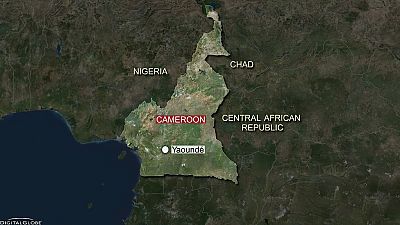


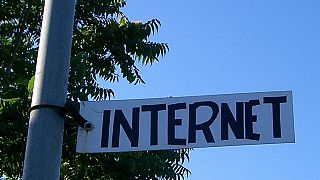

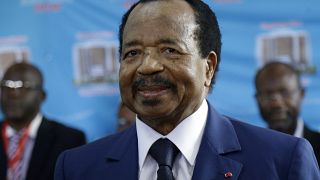
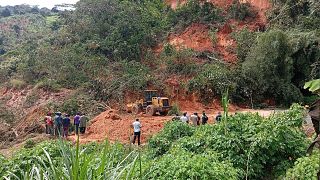
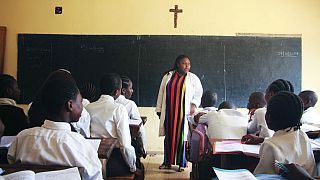



Go to video
Fugitive Zambian MP Emmanuel Jay Banda arrested in Zimbabwe after three-month Manhunt
01:16
Ugandan opposition politician kidnapped and jailed, his wife says
Go to video
Ugandan TikToker jailed for insulting President Museveni
02:09
Russia vetoes UN resolution calling for immediate cease-fire in Sudan
01:07
Sudan keeps key aid crossing from Chad open to keep humanitarian aid flowing
Go to video
South Africa's soccer president Danny Jordaan arrested on fraud and theft charges